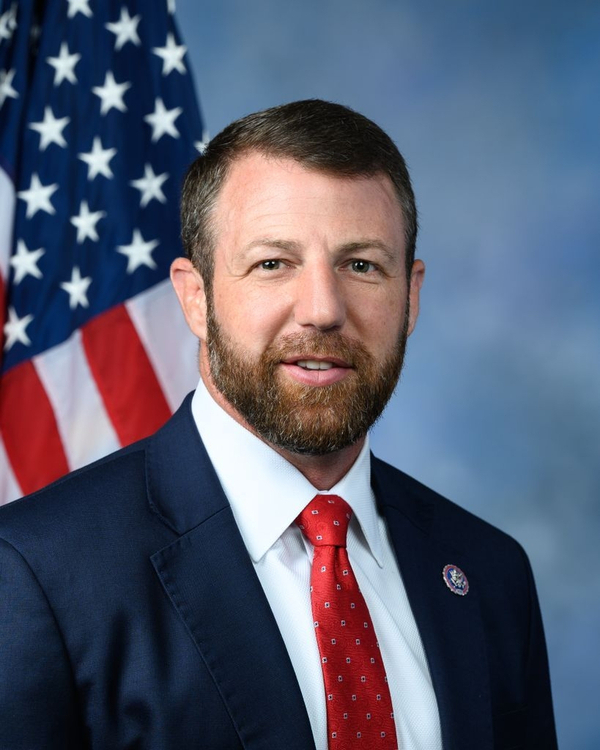For the first time since Sen. Ben Nighthorse Campbell (R-CO), a tribal citizen of the Northern Cheyenne Tribe, sat on the U.S. Senate Committee on Indian Affairs in 2005, a Native American will serve on the Senate Indian Affairs Committee.

Sen. Markwayne Mullin (R-OK) was appointed to the Committee on Wednesday, Feb. 1
The Committee on Indian Affairs provides oversight for policies and issues impacting the lives of Native Americans in the United States, such as Senate bills on water rights, education, health, and environmental issues must be passed out of the Committee prior to going to the full Senate floor for a vote.
A statement from Mullin’s Senate office on Wednesday says the senator will use his position on the Senate Indian Affairs Committee to study matters related to American Indians, Native Hawaiians, and the Alaska Native peoples.
“The Indian Affairs Committee plays a vital role in ensuring that the federal government upholds its trust and treaty responsibilities to Tribal nations,” Mullin said in a statement. “I look forward to strengthening tribal sovereignty, pursuing self-determination policies, and fostering economic growth in Indian Country. Let’s get to work.”
Mullin was elected senator in the midterm elections last November. He was sworn in last month to serve a six-year term. Before becoming a senator, Mullin served in the House of Representatives from 2013, representing Oklahoma’s 2nd congressional district.
In addition to his appointment to the Committee on Indian Affairs, Mullin will serve on three other Senate committees: Armed Services; Environment and Public Works; and Health, Education, Labor, and Pensions.
More Stories Like This
Native News Weekly (August 25, 2024): D.C. BriefsSAVE THE DATE: GVSU’s “Celebrating All Walks of Life” Powwow Set for April 4th
Monday Morning: (February 16, 2026): Articles You May Have Missed This Past Weekend
US Presidents in Their Own Words Concerning American Indians
Osage Nation Mourns the Passing of Former Principal Chief Jim Gray
Help us defend tribal sovereignty.
At Native News Online, our mission is rooted in telling the stories that strengthen sovereignty and uplift Indigenous voices — not just at year’s end, but every single day.
Because of your generosity last year, we were able to keep our reporters on the ground in tribal communities, at national gatherings and in the halls of Congress — covering the issues that matter most to Indian Country: sovereignty, culture, education, health and economic opportunity.
That support sustained us through a tough year in 2025. Now, as we look to the year ahead, we need your help right now to ensure warrior journalism remains strong — reporting that defends tribal sovereignty, amplifies Native truth, and holds power accountable.
 The stakes couldn't be higher. Your support keeps Native voices heard, Native stories told and Native sovereignty defended.
The stakes couldn't be higher. Your support keeps Native voices heard, Native stories told and Native sovereignty defended.
Stand with Warrior Journalism today.
Levi Rickert (Potawatomi), Editor & Publisher


